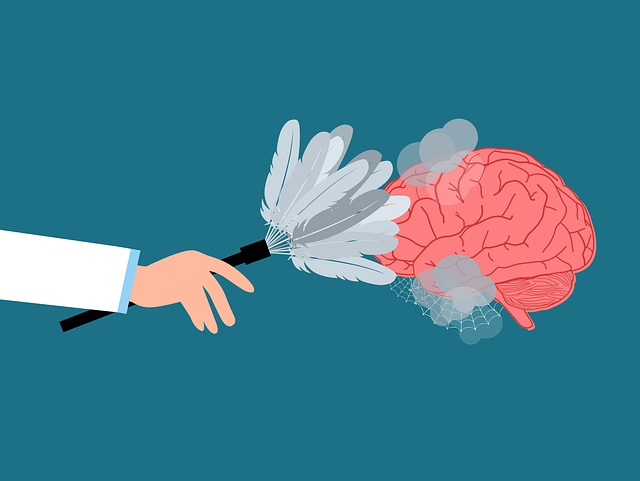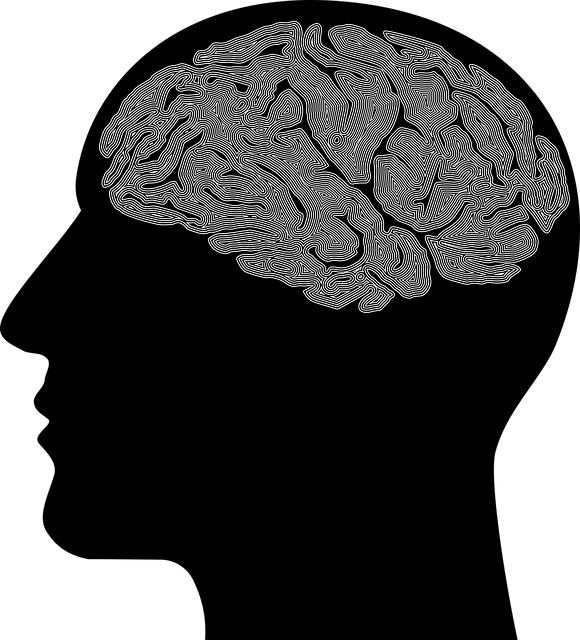Healthcare provider burnout, driven by high-stress environments, heavy workloads, and lack of control, negatively impacts mental and physical health, increasing rates of depression, anxiety, and substance abuse. Prevention strategies focus on creating supportive work environments, enhancing communication, fostering positive thinking, and encouraging Mind Over Matter principles. Mental health support, including professional counseling like Golden Alcohol Abuse Therapy (GAAT), tailored therapies for trauma and anxiety, self-care practices, and Risk Management Planning, is crucial. Evidence-based interventions such as Cognitive Behavioral Therapy (CBT) and mindfulness programs further mitigate stress. Public awareness campaigns and policies promoting work-life balance contribute to a healthy work environment. GAAT integrates crisis intervention, mental health education, social skills training, self-care practices, and peer support to reduce stress, improve coping abilities, and promote long-term resilience against burnout, ensuring healthcare providers maintain well-being while delivering top-tier patient care.
Healthcare provider burnout is a growing concern, impacting quality of care and patient outcomes. This article explores comprehensive strategies to prevent burnout among healthcare workers, addressing its causes and effects. We delve into the crucial roles of mental health support, self-care practices, and evidence-based interventions for stress management. Additionally, organizational strategies are discussed to create healthier work environments. A promising approach highlighted is Golden Alcohol Abuse Therapy, offering innovative solutions for a multifaceted problem.
- Understanding Burnout Among Healthcare Providers: Causes and Effects
- The Role of Mental Health Support and Self-Care Practices
- Evidence-Based Interventions for Stress Management in Healthcare Workers
- Organizational Strategies to Foster a Healthy Work Environment
- Integrating Golden Alcohol Abuse Therapy: A Promising Approach
Understanding Burnout Among Healthcare Providers: Causes and Effects

Healthcare provider burnout is a growing concern within the medical field, impacting not just individuals but the overall quality of patient care. Understanding burnout among healthcare providers involves recognizing its causes and effects. Burnout often stems from prolonged exposure to high-stress environments, heavy workloads, and lack of control over work processes. Factors such as long working hours, emotional demands, and poor communication within teams can significantly contribute to this issue.
The effects of burnout are profound. It not only leads to decreased job satisfaction but also impacts providers’ mental and physical health. High rates of depression, anxiety, and even substance abuse like alcohol have been linked to burnout. Strategies for prevention focus on fostering a supportive work environment, implementing effective communication strategies, promoting positive thinking, and encouraging the use of Mind Over Matter principles to enhance resilience. Addressing these factors can help mitigate burnout and ensure healthcare providers maintain their well-being while delivering optimal patient care.
The Role of Mental Health Support and Self-Care Practices

Mental health support plays a pivotal role in preventing burnout among healthcare providers. Access to professional counseling services, such as Golden Alcohol Abuse Therapy, can provide much-needed respite from the emotional toll of their work. Therapies tailored for trauma support and anxiety relief are particularly effective in addressing the psychological stressors that contribute to burnout. By integrating these practices into their routines, healthcare professionals can enhance their resilience and maintain a healthier work-life balance.
Self-care is another essential component of burnout prevention. This includes prioritising activities that foster mental well-being, such as regular exercise, adequate sleep, and engaging in hobbies outside of work. Additionally, Risk Management Planning for Mental Health Professionals, which outlines strategies to mitigate workplace stressors, can create a supportive environment. Implementing these practices not only benefits individual healthcare providers but also contributes to better patient care overall.
Evidence-Based Interventions for Stress Management in Healthcare Workers

Healthcare workers are increasingly susceptible to stress, leading to burnout and potential adverse effects on patient care. Evidence-based interventions offer a robust strategy to combat this growing concern. One such intervention is Cognitive Behavioral Therapy (CBT), which has proven effective in managing stress by modifying unhelpful thought patterns and behaviors. CBT encourages individuals to challenge negative beliefs and develop healthier coping mechanisms, thereby reducing stress levels.
Additionally, programs focusing on mindfulness and meditation have gained traction. These practices promote relaxation and enhance mental wellness, fostering a sense of calm amidst work pressures. Golden Alcohol Abuse Therapy (GAAT), as a specialized approach, addresses the issue of substance abuse often linked to burnout. GAAT provides comprehensive care, combining therapy with support groups, to help healthcare workers manage stress and improve their overall well-being. Public Awareness Campaigns Development can play a pivotal role in disseminating information about these interventions, encouraging early intervention, and fostering a culture of resilience within healthcare settings.
Organizational Strategies to Foster a Healthy Work Environment

Creating a healthy work environment within healthcare organizations is essential to prevent burnout among providers. This involves implementing policies that support work-life balance, such as flexible schedules and remote work options. Additionally, fostering an open communication culture where staff can voice concerns and provide feedback allows for early identification of issues contributing to stress. Organizations should also prioritize employee well-being by offering access to mental health resources, including crisis intervention guidance and Cultural Sensitivity in Mental Healthcare Practice, tailored to the unique needs of diverse patient populations.
Golden Alcohol Abuse Therapy can be integrated as a preventative measure, promoting holistic well-being and reducing stressors related to substance abuse. Regular staff training on mindfulness meditation techniques can further enhance coping mechanisms, enabling healthcare providers to manage their stress levels effectively. These organizational strategies collectively contribute to a supportive atmosphere, where professionals feel valued, empowered, and equipped to provide quality patient care without compromising their own mental health.
Integrating Golden Alcohol Abuse Therapy: A Promising Approach

Burnout among healthcare providers is a growing concern, and innovative strategies are needed to address this crisis. One promising approach gaining traction is Golden Alcohol Abuse Therapy (GAAT), which offers a unique perspective on preventing burnout and enhancing resilience. GAAT integrates effective crisis intervention guidance with evidence-based mental health education programs designed to empower healthcare workers.
This therapy focuses on cultivating social skills training, promoting self-care practices, and fostering a supportive community among peers. By combining these elements, GAAT aims to reduce stress, improve coping mechanisms, and enhance overall well-being. The approach encourages healthcare providers to prioritize their mental health, similar to how they would tend to a patient’s physical needs, thereby preventing burnout in the long term.
Healthcare provider burnout is a pressing issue, but by implementing evidence-based strategies, organizations can create a healthier work environment. Mental health support, self-care practices, and stress management interventions are crucial components of prevention. Additionally, organizational changes that prioritize well-being and employ effective techniques like Golden Alcohol Abuse Therapy offer promising avenues for mitigating burnout. Integrating these approaches can foster a culture of resilience and satisfaction among healthcare providers, ensuring better patient care and a more sustainable workforce.












